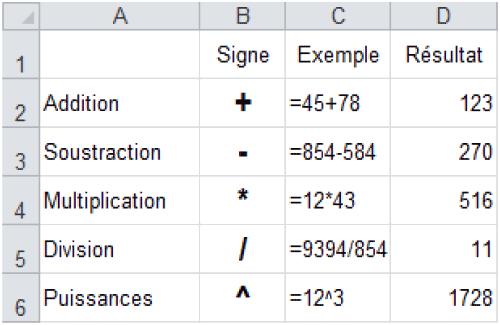Authors
Maria Csernoch
Abstract
Research in spreadsheet management proved that the overuse of slow thinking, rather than fast thinking, is the primary source of erroneous end-user computing. However, we found that the reality is not that simple. To view end-user computing in its full complexity, we launched a project to investigate end-user education, training, support, activities, and computer problem solving.
In this project we also set up the base and mathability-extended typology of computer problem solving approaches, where quantitative values are assigned to the different problem solving methods and activities.
In this paper we present the results of our analyses of teaching materials collected in different languages from all over the world and our findings considering the different problem solving approaches, set in the frame of different thinking modes, the characteristics of expert teachers, and the meaning system model of teaching approaches.
Based on our research, we argue that the proportions of fast and slow thinking and most importantly their manifestation are responsible for erroneous end-user activities. Applying the five-point mathability scale of computer problem solving, we recognized slow thinking activities on both tails and one fast thinking approach between them.
The low mathability slow thinking activities, where surface navigation and language details are focused on, are widely accepted in end-user computing. The high mathability slow thinking problem solving activities, where the utilization of concept based approaches and schema construction take place, is hardly detectable in end-user activities.
Instead of building up knowledge which requires slow thinking and then using the tools with fast thinking, end-users use up their slow thinking in aimless wandering in huge programs, making wrong decisions based on their untrained, clueless intuition, and distributing erroneous end-user documents.
We also found that the dominance of low mathability slow thinking activities has its roots in the education system and through this we point out that we are in great need of expert teachers and institutions and their widely accepted approaches and methods.
Sample

A feature of low mathability teaching materials is that there are no problems presented at all, no real world problem solving, and no design.
We have found that if tasks are presented, they are mostly meaningless — with no content at all, or at most a couple of lines of fictitious content. These types of pseudo-contents are extremely boring.
Publication
2017, Journal of Software Engineering and Applications, Volume 10, pages 11-40
